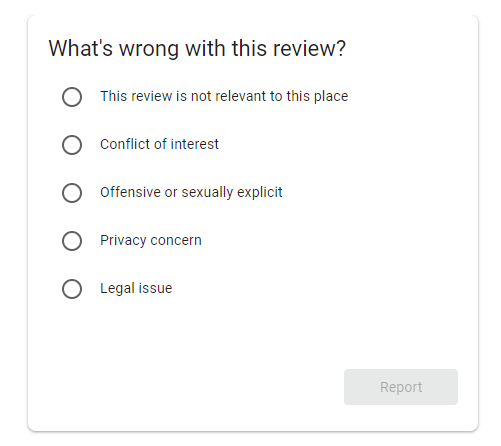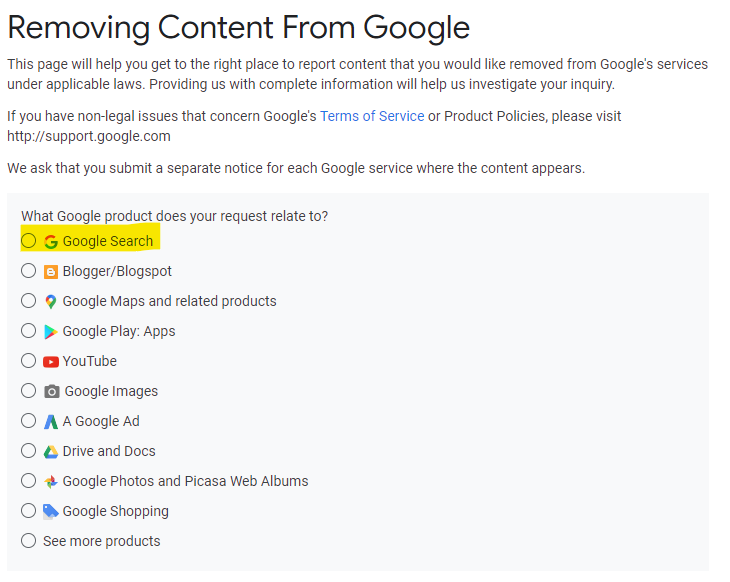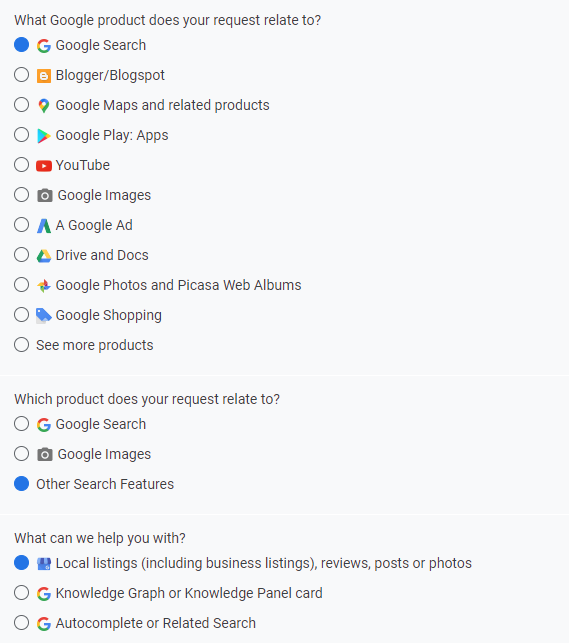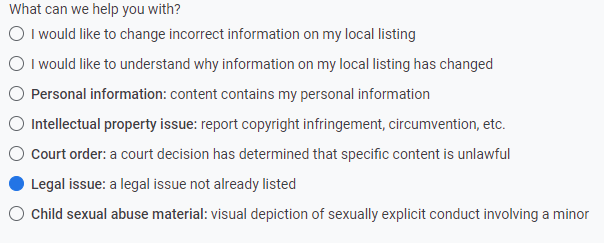We talk to many members about negative reviews by disgruntled patients and, while there are a number of ways you can respond, sometimes the simplest option is the best – as Dr Kiran Keshwara, Dentolegal Consultant at Dental Protection, explains
Online reviews are now part and parcel of managing or owning a dental practice. Clinicians who are not practice owners also regularly get reviewed by their patients and while most of the reviews are positive, there are instances where you may disagree with the negative opinions of the reviewer.When you receive a negative online review, there are a number of practitioner steps you can take:
Do nothing
At Dental Protection, we often talk to members about such negative reviews and, in general, our advice is to ignore the review, as often they will get lost in the sea of positive reviews that your practice has.
Respond online
When choosing to do this, practitioners need to be mindful that there is the risk that an online response to someone dissatisfied can lead to further engagement with the negative review, and this may mean that the review is one of the first things that a potential patient will see.
If you wish to respond, you should be mindful of not breaching the reviewer’s privacy by discussing their clinical care, and should try to keep the response simple, short and composed. For example:
“Dear Reviewer, I am sorry to hear that you were disappointed with your visit to ABC Dental and we would be keen to discuss this with you further. Please call us on 01 2345 6789, to arrange a time to meet with Dr ABC.”
Contact the patient directly
If you can identify the patient from their review, you can try reaching out to them directly and ask them to come to discuss their concerns with you and, if a resolution is reached, this would be the time to ask the patient to remove the review. Contacting the reviewer could be a double-edged sword – the patient may agree to meet with you and the complaint can be resolved with the patient removing the review, or the patient may feel that you are harassing them, leading them to complain further. It is wise to tread this path very carefully.
Contact the patient via a lawyer
This will require independent advice from a lawyer. There are occasions whereby the lawyer can send a strongly-worded cease and desist letter to the patient, assuming they have been correctly identified. There are costs involved with getting advice from the lawyer and them writing and sending the letter, which will be borne by you. As above, there is a risk that the patient may complain further.
Ask the website to remove the review
Some details on how to request the removal of a review from Google are given below.
While this is a third-party site, this is probably the most common means for new patients to find out about your business and reach out to you. While you cannot control the reviews on Google, you may be able to ask Google to remove the reviews that you do not agree with.
Whether this review is removed or not, will depend on whether the review contains content that Google deems to be “Prohibited or Restricted”. This includes content that is:
• Spam or fake
• Off-topic
• Restricted
• Illegal
• Terrorism
• Sexually explicit
• Offensive
• Dangerous or derogatory
• A conflict of interest
How to request removal of a review from Google
Broadly speaking, there are three ways in which a Google review can be removed:
This can be done by anyone by pressing on the three dots at the right of the review:

Doing this will give you the option to “Report review”, which will further take you to another page, where you are invited to explain what you believe is 'wrong' with the review:

Request review removal
Assuming that you are the business owner and have a Google My Business account, you can flag reviews in Google Search using a computer by:
• On your computer, go to Google.
• Find your Business Profile.
• Click Reviews.
• Find the review you'd like to flag.
• Point to the star rating.
• Click Flag as inappropriate.
• Select the type of violation you want to report.
There is
further information available on how to flag reviews in your account, Google Maps and Google Search using Android, a computer or an iPhone or iPad.
Filing a formal legal notice
This option should only be used if you are able to cite relevant laws under which the Google content should be removed. In cases of a 1-star review that you disagree with, this is very unlikely to be a valid option.
Note: any legal notice sent to Google may be sent to the Lumen project, which is a database of legal complaints and requests for removal of online materials. This can be viewed by anyone and while your contact details are redacted, this can be more distressing than the actual Google review. Any information provided should be objective and with patient confidentiality in mind.
By clicking on the link you will be taken to a page titled Removing Content From Google. Here you will find:

From here, you can click on Google Search > Other Search Features > Local listings (including business listings), reviews, posts or photos.

From here, you can click on Legal issue and provide further details. You will be asked to cite specific laws, where possible, and explain why you believe your rights have been infringed.

Is it defamation?
With the recent spate of defamation claims made against negative Google reviewers, it is important to consider whether a negative review is actually defamation. This is a complex area to be considered with most states and territories recently (as of 1 July 2021) having undergone further amendments to their relevant Defamation Acts. A claim for defamation has to be commenced within one year of the publication of the review and the reviewer is generally required to be given notice prior to commencing proceedings.
Defamation may be claimed if:
• It involves an individual or a corporation with fewer than ten employees.
• The published material has caused, or is likely to cause, serious harm to the reputation of the person (in the case of a corporation serious financial loss). Serious harm is determined by the judicial officer.
• The published material was published to a third person (ie not a complaint made directly to the business).
Importantly, the reviewer can defend themselves if, among other things, they can prove that the published information is true, has been in a public document or is an expression of honest opinion.
Independent legal advice should be sought as each case needs to be assessed individually and based on the state or territory in which defamation is being considered.
Final thoughts
Given the nature of dentistry, we would all expect some patients not to be happy with the services provided and while a negative review may be distressing, it can be an opportunity to open communication with a patient and learn from their experiences. Most times, in our experience, focusing on providing your patients with improved care will result in the odd negative review to be ignored or seen as a blip by potential patients.
There may be instances where attempting to remove the review, either by communication directly with the patient or requesting the removal of the review from the website directly, may be warranted – but this should be carefully considered, as the patient may see this as aggression and antagonistic behaviour.
Some may choose to seek legal action, possibly claiming defamation, and it should be remembered that legal advice should be independently sought.